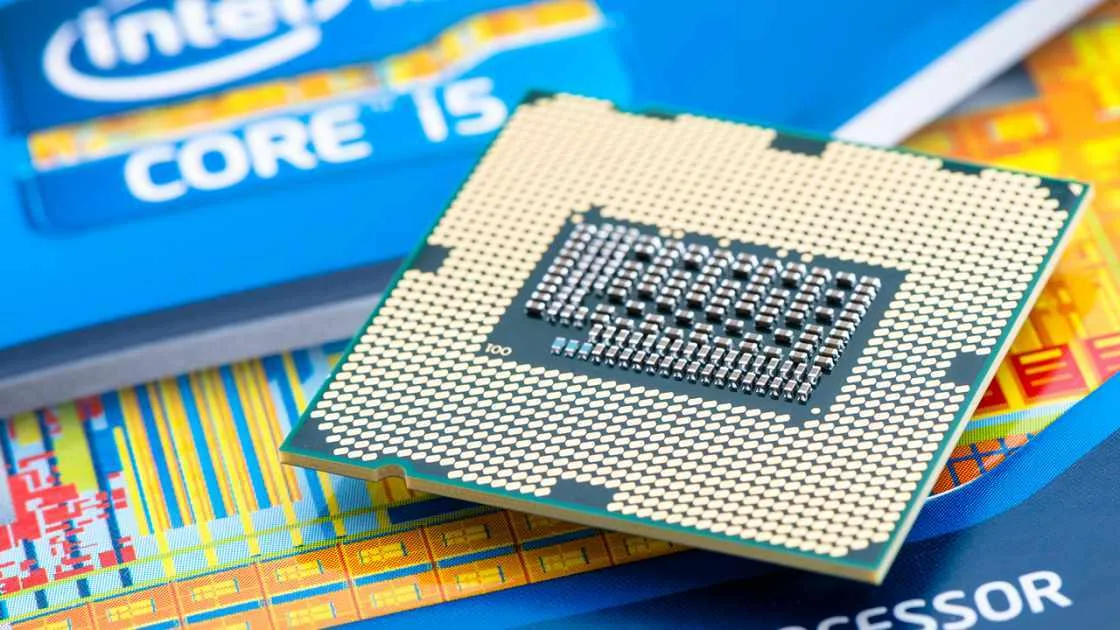US microchip maker Intel has apologised after a negative reaction to a letter urging suppliers not to buy products or labour in China’s Xinjiang region.
The company’s letter sparked criticism in China with calls for boycotts.
The letter said Intel was “required to ensure” that its supply chain does not use labour or source goods from Xinjiang after restrictions were imposed by “multiple governments”.
China is accused of human rights abuses in Xinjiang.
The area is home to many of the country’s Muslim Uyghurs and there have been allegations of forced labour and possibly genocide.
Last December, the BBC published an investigation based on new research showing China is forcing hundreds of thousands of minorities, including Uyghurs, to engage in manual labour in Xinjiang’s cotton fields.
In a statement in Chinese about its official WeChat and Weibo accounts, Intel said its commitment to avoiding Xinjiang’s supply chains was an expression of compliance with US law, rather than a statement of its position on the matter.
“We apologise for the problems caused to our respected Chinese customers, partners and the public. Intel is committed to becoming a trusted technology partner and accelerating joint development with China,” the company said.
The White House said President Joe Biden had signed a law requiring companies to prove that products imported from China’s Xinjiang region were not produced with forced labour.
The bill passed Congress last week with the aim of preventing US companies from benefiting from forced labour, something China denies is the case.
Many Weibo users ridiculed Intel’s apology as an attempt to protect sales in China, with one saying, “A mistake is a mistake! Refuse the statement about Xinjiang!
Meanwhile, the hashtag “Is Intel’s apology sincere?” Reuters reported that there was a trend on Weibo on Thursday.
Singer Curry Wang said he would no longer act as a spokesperson for the Intel brand, adding in a statement that “national interests come first.
Intel is not the first company to be pressured to comply with the Xinjiang sanctions while continuing to operate in China.
The chip manufacture , which has 10,000 employees in China, said in its apology that it respected “the sensitivity of the issue in China”.







